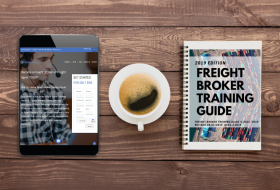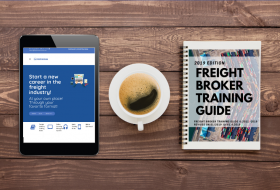A Customs broker assist importers and exporters in meeting federal requirements that regulate the movement of merchandise across the United States border. A customs broker supplies the necessary documentation to U.S. Customs and Border Protection along with the appropriate fees to ensure that the client’s materials are moved across the border. The U.S. Customs and Border Protection licenses custom brokers.[/box]
[box type=”shadow”]Age and Restrictions
You must be at least 21 years old to be licensed by U.S. Customs and Border Protection as a customs broker. You must be a United States citizen but cannot be a federal government employee to qualify for a customs broker license. Applicants do not have to be citizens to take the Customs Broker Examination, but candidates cannot be issued a license until they become a U.S. citizen.
Examination
Candidates must pass the License Examination before U.S. Customs and Border Protection issues a license. The examination consists of 80 multiple-choice questions and is an open-book examination.
The material covered by the examination includes Title 19 Code of Federal Regulations, the Harmonized Tariff Schedule of the United States and the Customs and Trade Automated Interface Requirements document, according to U.S. Customs and Border Protection. Candidates for a license must have knowledge of bookkeeping and accounting procedures to operate as a broker, according to U.S. Customs and Border Protection.
Background Check
Applicants for a customs broker license must undergo a multi-agency background check to qualify for a license. The background check includes a credit check, criminal history check and character references. Applicants must submit fingerprints for the background investigation, and the U.S. Customs and Border Protection port director conducts a thorough review of prior arrests, credit reports and character references after the multi-agency review. Candidates with prior convictions are not necessarily rejected for a license as a customs broker.[/box]







